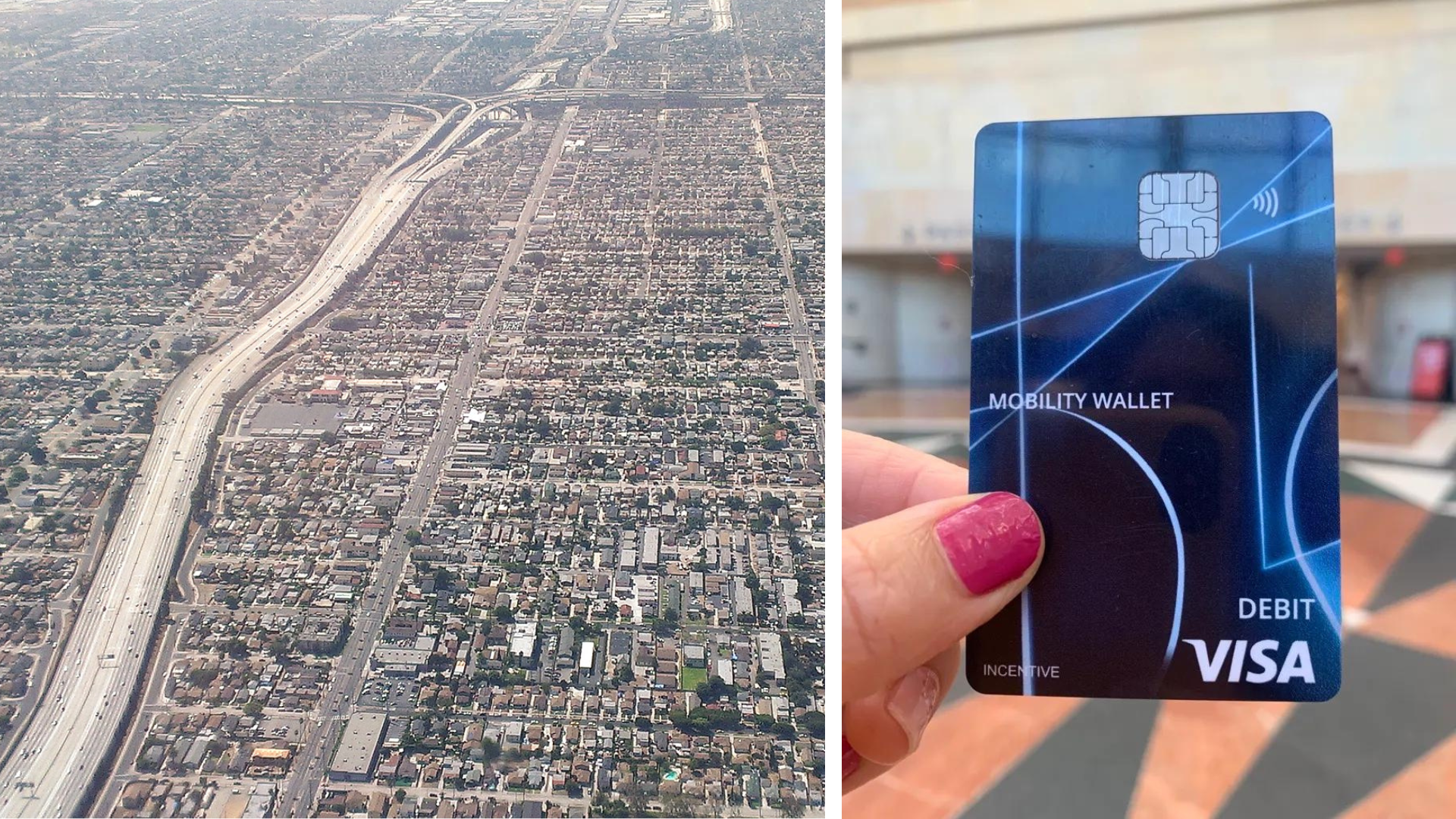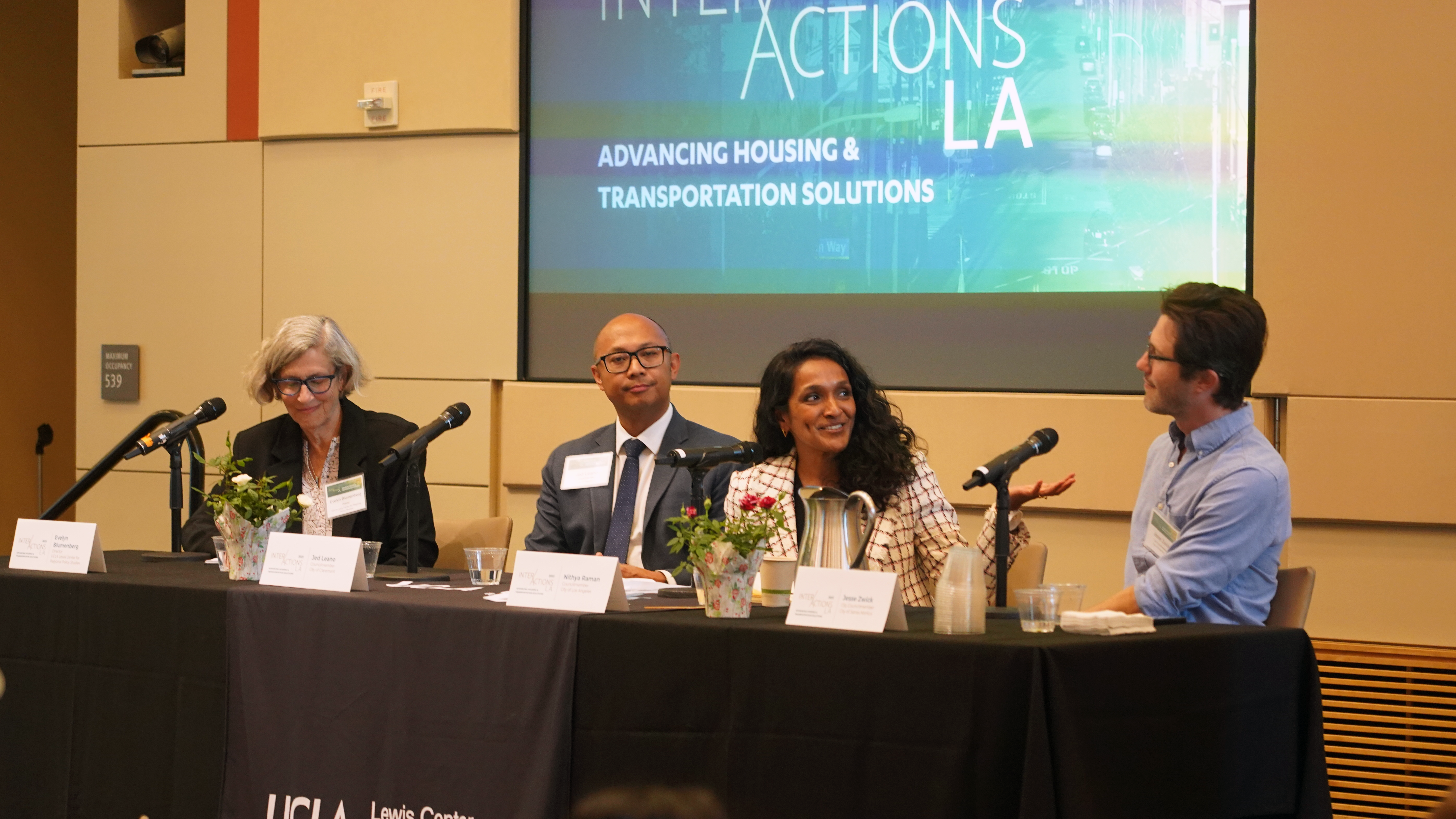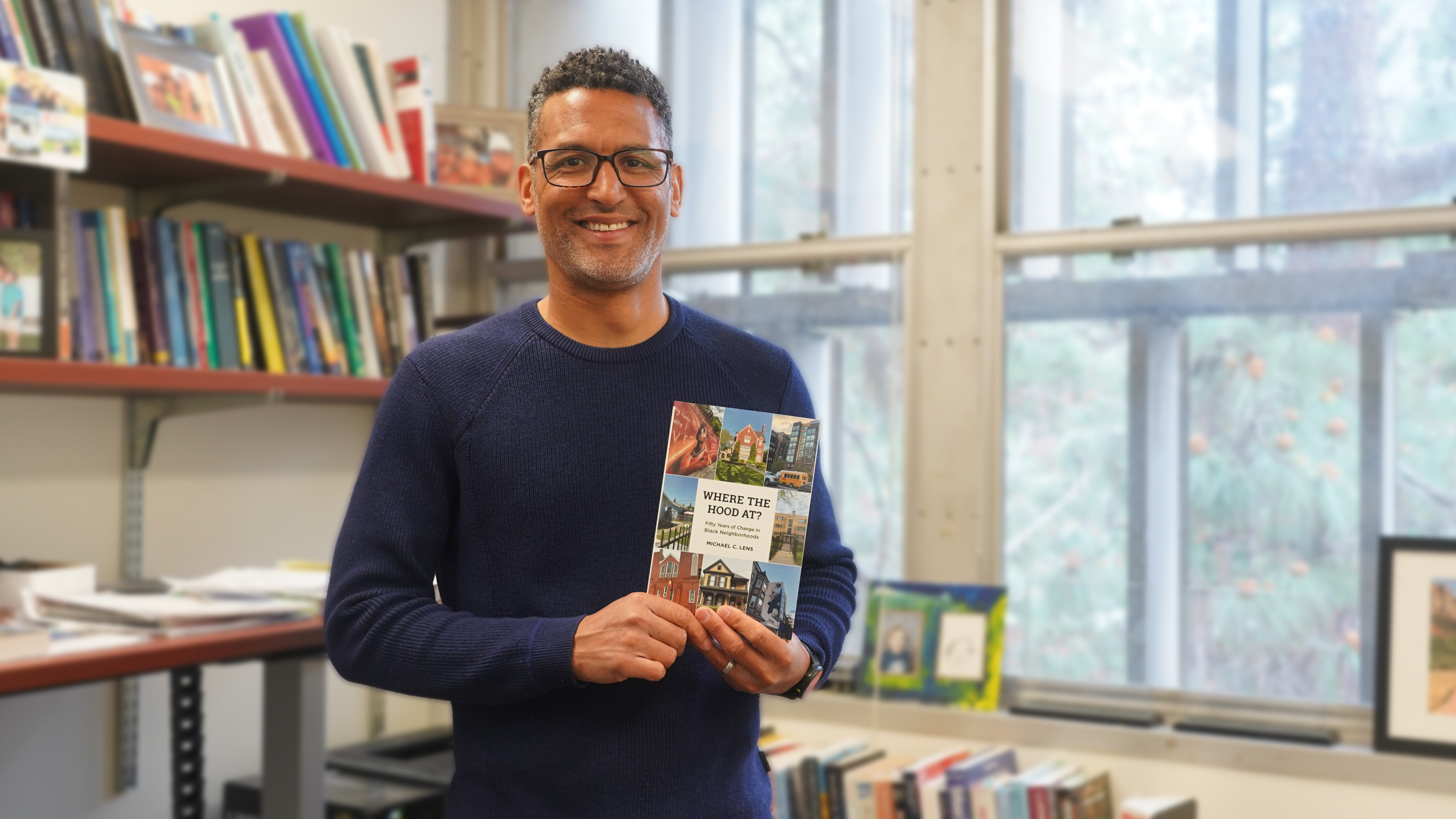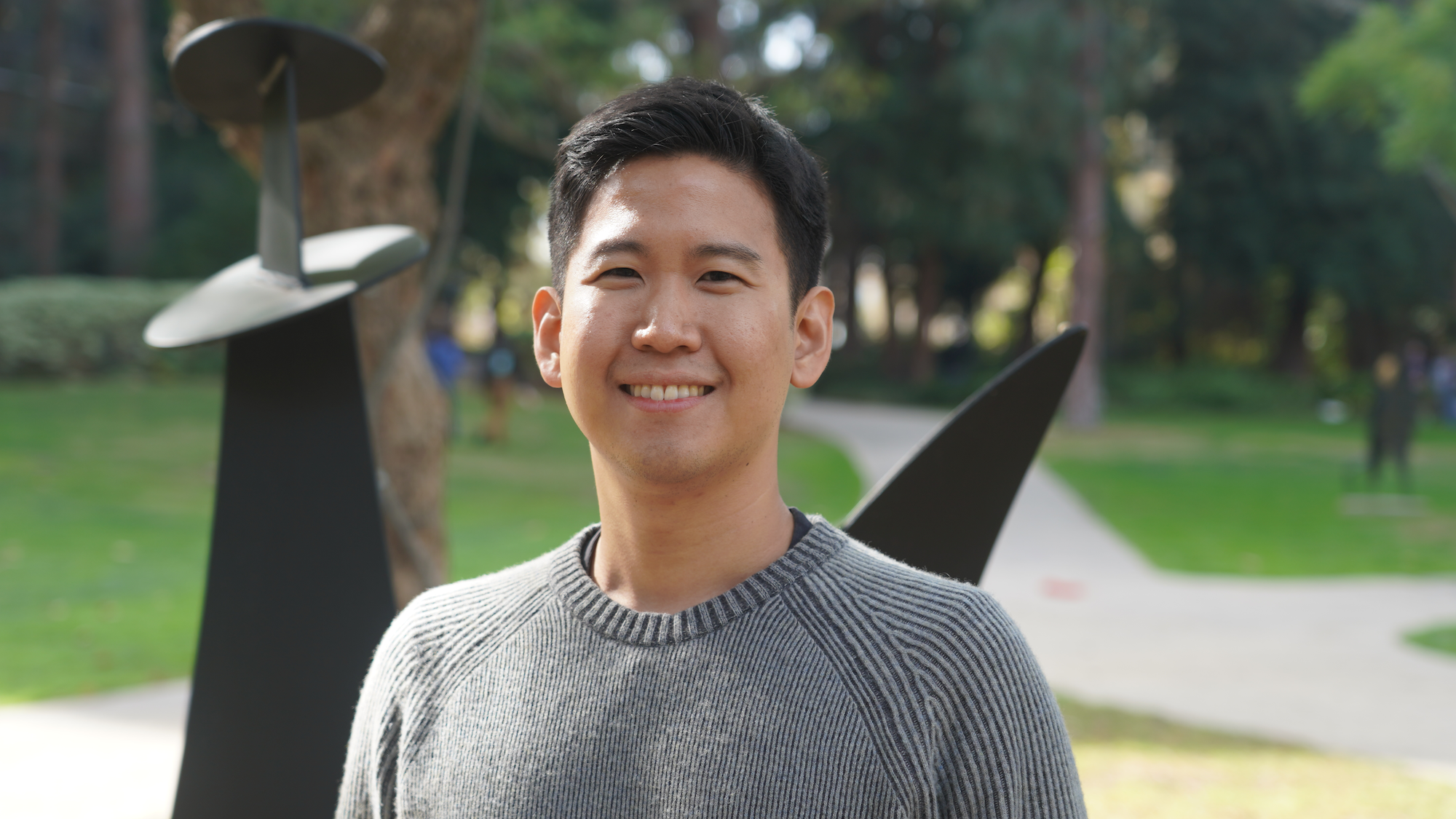
Los Angeles launches nation’s largest UBM pilot, Lewis Center leads evaluation
In cities across the United States, a lack of reliable and affordable transportation has deepened socioeconomic disparities among low-income communities. In response, the concept of universal basic mobility (UBM) has emerged as a promising new approach to mitigate the financial barriers to transportation access.
In May 2023, the city of Los Angeles, in partnership with LA Metro and LADOT, launched the largest UBM pilot to date. Known as the Mobility Wallet (MW), the program enrolled approximately 1,000 qualifying participants from South Los Angeles in the year-long pilot, receiving $150 per month to be used toward their transit needs. The pilot also includes a research evaluation component, led by researchers from the Lewis Center and UC Davis.
One research participant and mobily wallet recipient discussed the challenges: “There were times that we wanted to go somewhere and we didn’t have the budget for it.”
The MW empowers people with dedicated funds to spend on transportation costs. In the Los Angeles pilot, this comes in the form of a prepaid debit card that gives individuals or members of their household the power of choice — allowing them to use the card to pay for transportation services. The funds can be used for city buses, bikeshare and escooters, regional transportation like Amtrak, ride-hail services like Uber and Lyft, and more. Since the program’s launch, more than 13,000 total transactions have been completed using MWs.
Another research participant said, “Now I feel like I can save those $100 for groceries or something else. …Or if I ever were to need Uber or Lyft, if the bus is running late, I can use it towards that.”
As part of the pilot, researchers from UCLA and UC Davis are currently working on a comprehensive evaluation of the program, examining key travel trends, participant experiences, and spending. Their evaluation seeks to understand how receiving the funds may change people’s transportation patterns and short-term outcomes.
Researchers hope that their findings will shed light on the potential usefulness of this intervention for low-income households, especially those with children.
Madeline Brozen, co-principal investigator and deputy director of the UCLA Lewis Center, said that Los Angeles’s Mobility Wallet, and UBM programs in general, are novel and promising approaches to addressing people’s transportation needs.
“Rather than focusing on improving transportation services, the Mobility Wallet gives people the autonomy to determine where they need financial support for their unique transportation challenges,” she said. “By evaluating the program through multiple approaches, we can see the potential changes it has on people’s experiences and find out how those changes affect people’s lives.”
Findings from this pilot and evaluation will guide future decisions around whether to continue or expand UBM programs in Los Angeles. Further, the final recommendations may shape programs targeted at addressing transportation inequities in California and beyond.
This project is funded by the University of California Institute of Transportation Studies. The first year of evaluation is supported through the Road Repair and Accountability Act of 2017 (Senate Bill 1) and the next year of evaluation is supported by the Resilient and Innovative Mobility Initiative (RIMI).
For updates on the research project, visit lewis.ucla.edu/project/2023-mb-01.



